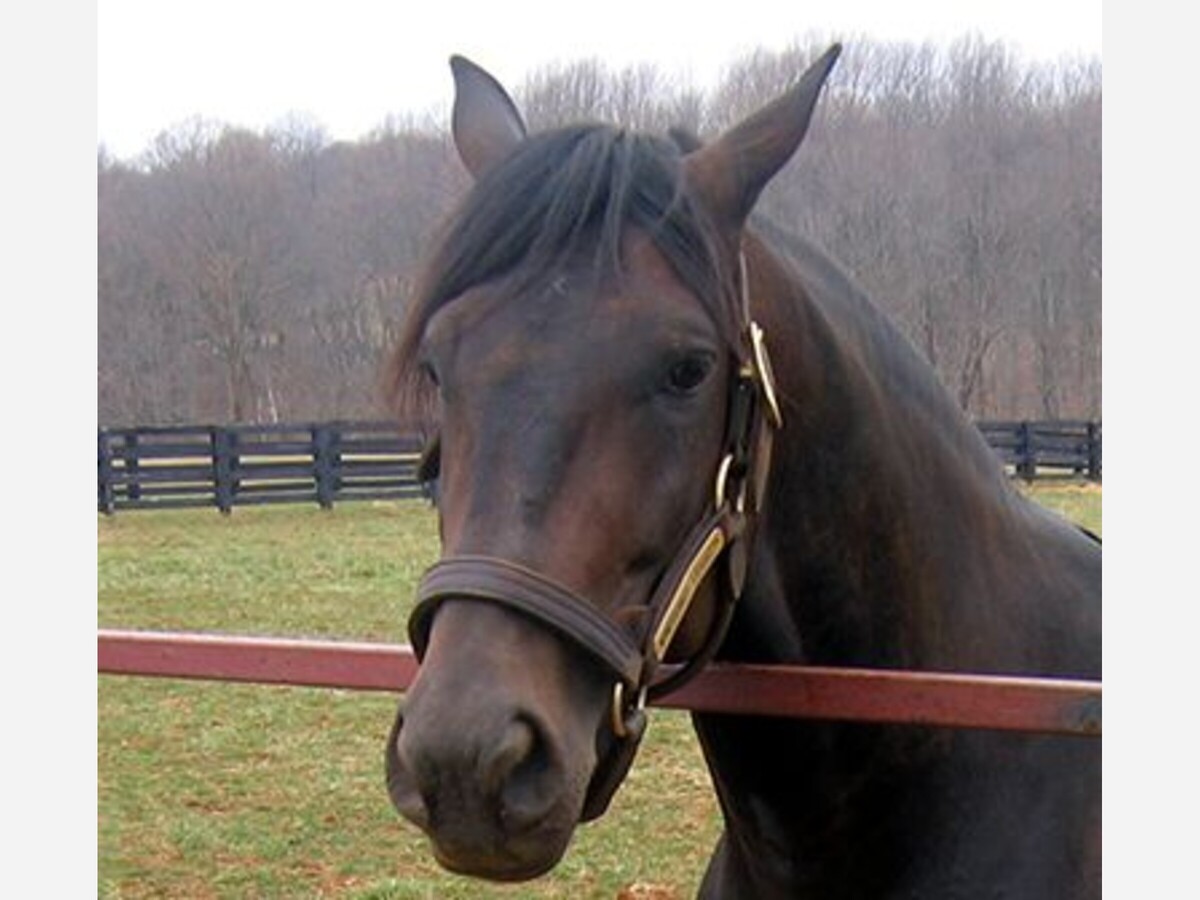Second Horse Contracts Eastern Equine Encephalitis in New Jersey This Year
A 13-year-old mare in Salem County was euthanized due to the severe mosquito-borne illness, marking the state's second case in 2023.
Morristown, NJ — New Jersey has reported its second case of Eastern Equine Encephalitis (EEE) for the year 2023, according to an announcement from the New Jersey Department of Agriculture. A 13-year-old Standardbred mare in Salem County was euthanized on October 13, 2023, after contracting the dangerous mosquito-borne illness. The vaccination status of the horse is currently unknown.
The first case of EEE in New Jersey this year was reported in Gloucester County in September. EEE causes inflammation of the brain and has a significantly higher mortality rate in horses compared to West Nile Virus (WNV). Both diseases are transmitted through mosquito bites and mainly cycle between birds and mosquitoes. Horses and humans serve as "dead-end" hosts, meaning they do not significantly contribute to the spread of the virus to other species.
“We continue to encourage horse owners to be vigilant in vaccinating their animals against these diseases spread by mosquitoes,” said New Jersey Assistant Secretary of Agriculture Joseph Atchison III.
Generally, most regions in the state have reported mosquito populations near the 5-year average. Livestock owners are strongly encouraged to keep their animals vaccinated against EEE and WNV. Effective vaccines for both diseases are commercially available.
If a horse is diagnosed with either EEE or WNV, the case must be reported to the state veterinarian at 609-671-6400 within 48 hours. The New Jersey Animal Health Diagnostic Laboratory is also available for testing and can be reached at 609-406-6999 or via email at jerseyvetlab@ag.nj.gov.
For more information about EEE and other horse-related diseases, residents and horse owners can visit the New Jersey Department of Agriculture's website.
While the recent case occurred in Salem County, it serves as a critical reminder for residents and livestock owners in Morris County and throughout New Jersey to remain vigilant. Taking preventive measures such as vaccination can significantly reduce the risk of contracting these serious diseases.















